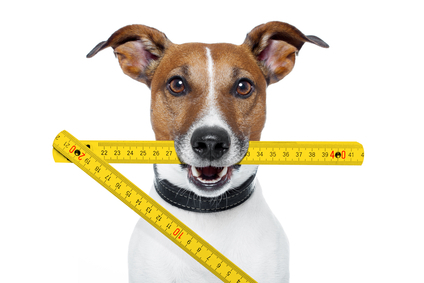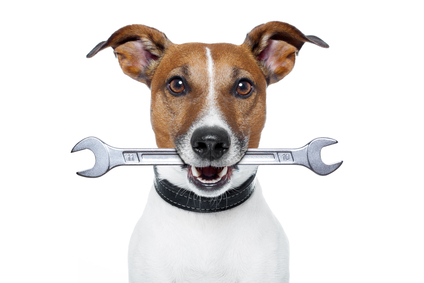As a clinical psychologist, I've always liked the tradition of taking stock at year's end to see which health habits are working and which need changing. But not all of us benefit from this tradition. If you're serious about using the new year to make a healthy lifestyle change, here are useful points to keep in mind.
A New Year's resolution is an outward sign of an inward process. Ideally, it's a statement of readiness: "I've thought about making a change that's important to me and I'm now ready to take action. I value being healthy and I'm now ready and willing to align my behavior with that value."
A New Year's resolution could also be viewed as a sign of motivation, but it would be a mistake to assume that motivation is the only ingredient of a successful resolution.
Standing in the way of a successfully implemented resolution is a wickedly charming, two-headed monster. One head is Avoidance and the other is Habit.
Avoidance convinces us to stay away from experiences that feel difficult, scary, boring, or otherwise uncomfortable, even when those experiences are good for us.
Habit lures us into using mindless, automatic, overlearned behaviors even when those behaviors aren't good for us.
There's no way to slay this two-headed monster but you can limit its reach and its power. Motivation helps, but you'll need more than motivation to manage Avoidance and Habit. You'll need two tools: one for acceptance and one for change.
Consider first the tool of an Accepting Heart.
An accepting heart is a tool that knows that our feelings -- even our bad feelings -- come and go. It knows that we can survive sadness, cravings, hurts, and fears. It knows that we actually make bad feelings worse when we try to escape from them. It knows that we're healthier when we make room for our emotions -- both good and bad. It knows that when we come to accept what we feel, we are no longer controlled by what we feel.
Consider next the tool of a Changed Context.
A changed context is a tool that knows we become what we practice. It's more powerful and more lasting than motivation. The power of context is well documented. Yes, we have unique talents, differing personalities, and free will, but much of that is trumped depending on the context. Consider the profound uniformity of our behavior when we're on an elevator or at a stadium during the playing of the Star Spangled Banner.
The cool thing about a changed context is that it doesn't require much motivation. It's the gym bag always in the car. It's the daily walk after work before we head home to sit on the couch. It's scheduling lunch or exercise three times/week with a friend who eats healthy or enjoys working out. It's tweaking the small behaviors that begin the chain leading ultimately to binge eating or intoxication. It's carefully planning a new habit rather than promising to stop an old one.
This year, go beyond motivation when making a change in your health behavior. Use tools that help you regularly practice doing more good than harm to your health. Accept the reality of discomfort and doubt. Change the contexts that impact your behavior.
If you're serious about this New Year's resolution, plan wisely -- as if your life depended on it. Because it often does.

